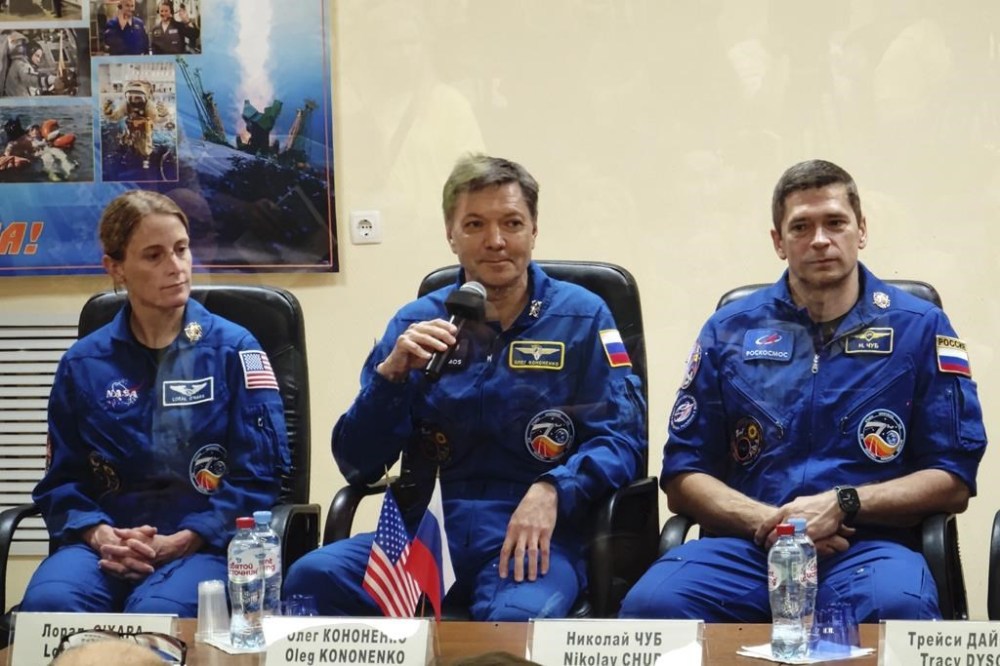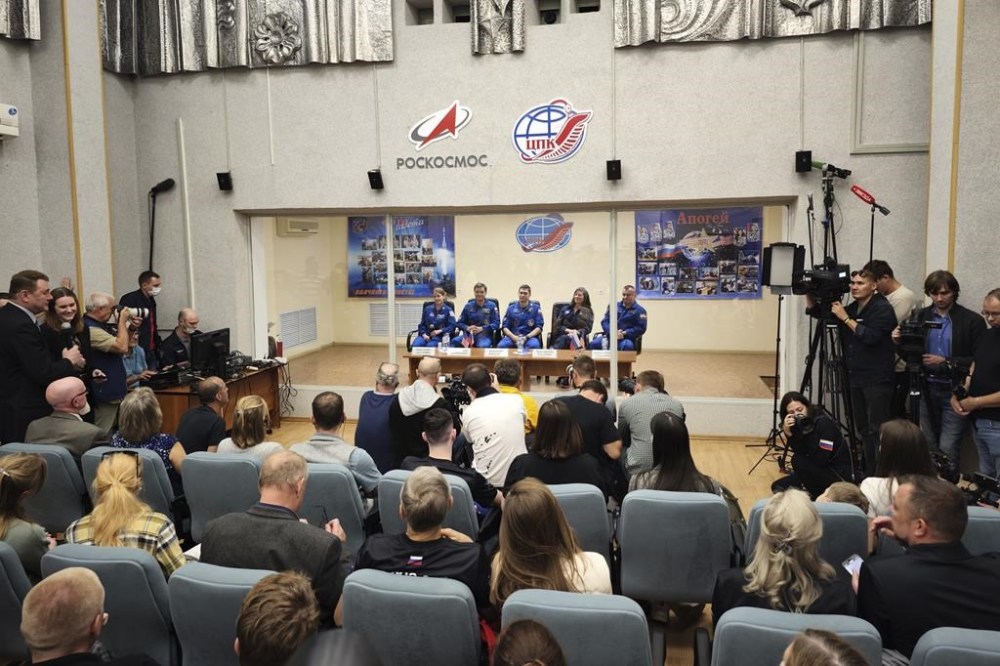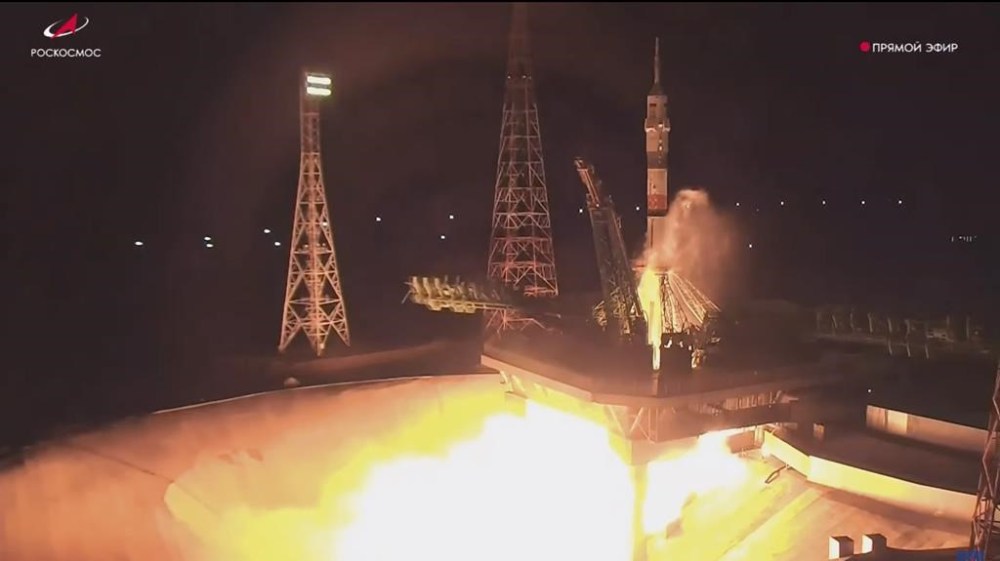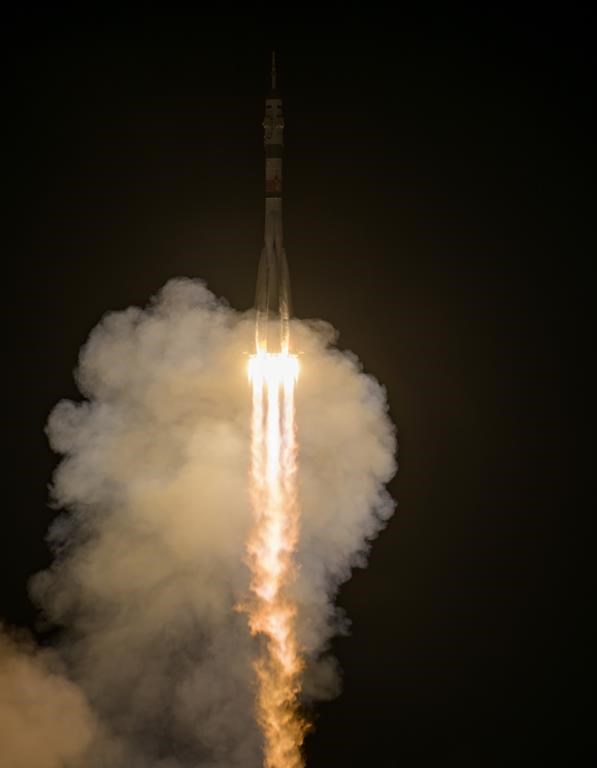One American, two Russians ride Russian capsule to the International Space Station
Advertisement
Read this article for free:
or
Already have an account? Log in here »
To continue reading, please subscribe:
Monthly Digital Subscription
$1 per week for 24 weeks*
- Enjoy unlimited reading on winnipegfreepress.com
- Read the E-Edition, our digital replica newspaper
- Access News Break, our award-winning app
- Play interactive puzzles
*Billed as $4.00 plus GST every four weeks. After 24 weeks, price increases to the regular rate of $19.00 plus GST every four weeks. Offer available to new and qualified returning subscribers only. Cancel any time.
Monthly Digital Subscription
$4.75/week*
- Enjoy unlimited reading on winnipegfreepress.com
- Read the E-Edition, our digital replica newspaper
- Access News Break, our award-winning app
- Play interactive puzzles
*Billed as $19 plus GST every four weeks. Cancel any time.
To continue reading, please subscribe:
Add Winnipeg Free Press access to your Brandon Sun subscription for only
$1 for the first 4 weeks*
*$1 will be added to your next bill. After your 4 weeks access is complete your rate will increase by $0.00 a X percent off the regular rate.
Read unlimited articles for free today:
or
Already have an account? Log in here »
Hey there, time traveller!
This article was published 15/09/2023 (746 days ago), so information in it may no longer be current.
MOSCOW (AP) — One American and two Russians made a quick trip Friday to the International Space aboard a Russian capsule.
NASA astronaut Loral O’Hara and Roscosmos cosmonauts Oleg Kononenko and Nikolai Chub blasted off from the Baikonur Cosmodrome in Kazakhstan and docked at the station three hours later. O’Hara will spend six months there while Kononenko and Chub will spend a year.
The trio was supposed to fly to the space station last spring, but their original capsule was needed as a replacement for another crew. That crew — also two Russians and an American — will ride it home later this month. Their stay was extended from six months to a year when their Soyuz capsule developed a coolant leak while parked at the station.

It’s the first spaceflight for O’Hara and Chub, while mission commander Kononenko is on his fifth trip to the orbiting outpost.
They join seven station residents from U.S., Russia, Denmark and Japan.
By the end of his yearlong stay, Kononenko will set a new record for the longest time in space, more than a thousand days.








